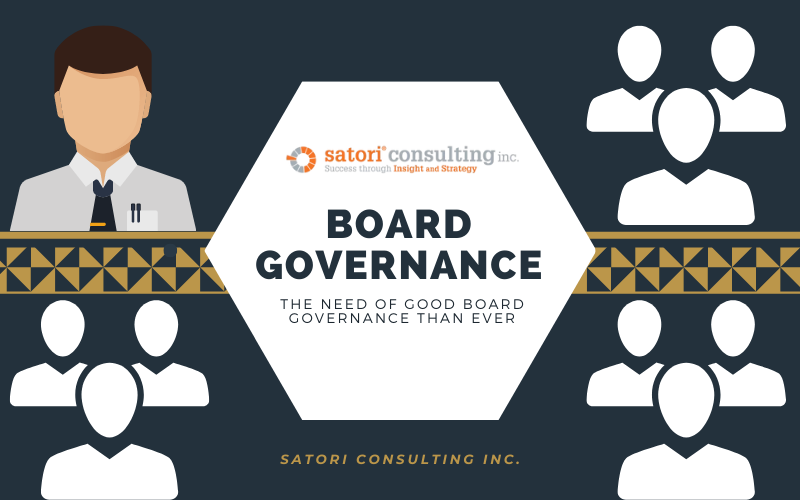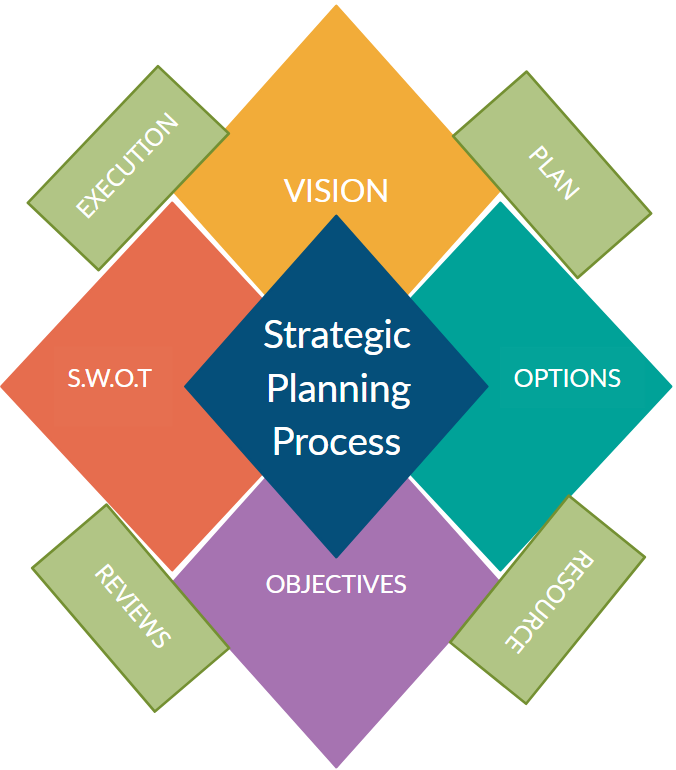The Need of Good Board Governance Than Ever

Board governance has grown in prominence as a discipline. A thorough disclosure of information and account of an organization’s financial condition, performance, ownership and governance, connection with shareholders, and adherence to business ethics and principles is what board governance is all about.
Since its inception, the importance of board governance has grown by leaps and bounds. Managing shareholder expectations is no longer the motto for success, thanks to globalization and competition. The current economic crisis is frequently blamed on a lack of business regulation and check systems, which has resulted in far-reaching consequences both geographically and socially.
Following are the aspect that highlights the need for good board governance –
Ethos of transparency
Exceptional boards foster a culture of openness by ensuring that funders, stakeholders, and the general public access timely and accurate information about the organization’s finances, operations, and outcomes.
In the best of circumstances, boards must strike a compromise between the requirement for secrecy and the need for transparency. Boards must be honest about how they are working to keep stakeholders and employees safe and healthy and how they are utilizing their money to fulfil their programmes and services during this epidemic, as stakeholders, the public, and funders demand.
This also entails keeping your financial reports and legal papers up to date, as well as communicating with your members and the general public in a timely and precise manner and following through on pledges.
Good board governance entails following the disclosure and transparency protocols to give regulators, shareholders, and the general public exact and accurate information on the company’s financial, operational, and other aspects.
As previously said, board governance is a broad phrase that may represent a variety of things. Still, the bottom line for effective board governance is the twin goal of maximizing profits while being transparent and responsible.
Integrity
By providing proper procedures for active supervision, exceptional boards foster solid ethical principles and disciplined compliance. Boards must continue to verify that their businesses have solid internal controls and manage risk as more of our work goes to the virtual world or is on the front lines with increasing obstacles.

Boards must also verify that the company is adhering to all applicable rules and regulations and having current insurance coverage. This is especially crucial for companies in the healthcare and childcare fields.
Revitalization
Planned turnover, smart recruiting, and inclusivity are all ways that exceptional boards keep themselves energized. When there is so much uncertainty about our companies, it may seem weird to focus on adding individuals to our boards. Still, boards should constantly be focused on developing a pool of possible candidates.
You may be creating new relationships through social media or virtual encounters in an increasingly virtual world. Another way boards may be outstanding and help attract new potential board candidates is to keep an eye out for emerging stars and community stakeholders who care about your organization. This might be an excellent opportunity to do some phone or virtual interviews with prospects.
Productive partnership
Exceptional boards cooperate with the chief executive, understanding that the board’s and chief executive’s effectiveness are intertwined. During this period, the board of directors and the chief executive are interdependent and critical to your company’s success. If you haven’t previously established excellent communication practices and an open conversation, now is the time to deal with the problems that will inevitably occur during this period.
Boundaries define the boundaries that surround a partnership. They define what is acceptable and what is not, what is in and out of scope, and what partners desire to accomplish together. Because limits define partnerships, each member must be acutely aware of them.
Strategic Thinking
Exceptional board members devote attention to what matters most and participate in strategic thinking regularly to fine-tune the organization’s direction and future steps. Boards and CEOs are currently engaged in various strategic thinking about programmes and procedures to guarantee that they are achieving their goals. Board evaluations are also important since it helps the board members to verify that the employee met the requirements and expectations.

They should also use this period to assess what programmes must be continued, what programmes may need to be abandoned, and what new programmes may need to be developed for Covid-19 and beyond. Board governance best practices also are the result of an excellent strategic thinking ability of the board members.
Related Blog: Strategic Planning Process
Learning
The attributes of a continuous learning company are embraced by exceptional board evaluations, which check their performance and analyze their value to the firm. Even in this day and age of virtual meetings and phone conversations in between sessions, it’s a good idea to incorporate educational elements in your board meetings.
Set up 30 minutes at your next board meeting to educate the board on a governance issue or how your company deals with difficulties significant to your stakeholders and purpose. Taking the time to complete board self-assessments, many of which are now available online.
Board members can utilize their free time to reflect on how their board is performing and improve to be the most excellent board possible for their organization as it faces new difficulties. Governance consulting can also help in uplifting the learning aspect of the company.
Conclusion
A corporation is formed to achieve goals beyond the creation of goods and services; it must also serve the greater goal of meeting society’s multi-dimensional requirements. Healthy board governance procedures are no longer a legal requirement.
Still, they have become critical to an organization’s existence, as the present economic crisis has demonstrated beyond a shadow of a doubt. As a result, the goal of board governance is to prevent business frauds that have a significant impact not just on immediate shareholders but also on the morale of broader stakeholder groups.
Visit Cliqzo.com today if you want to read more informative posts about business, technology, the latest news, and more.





